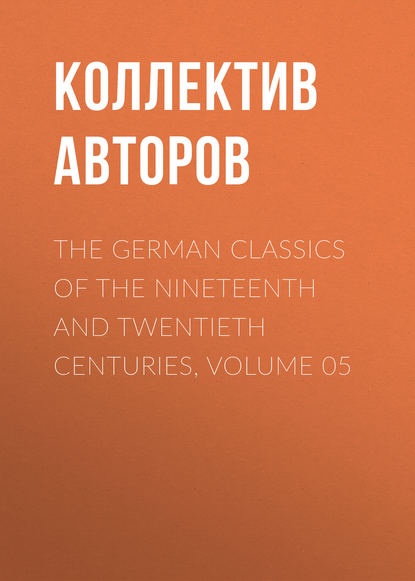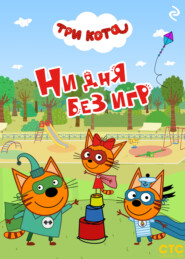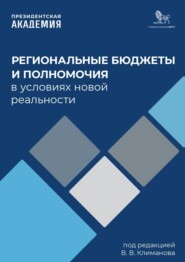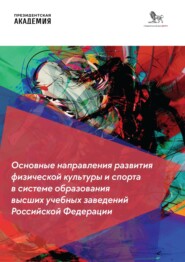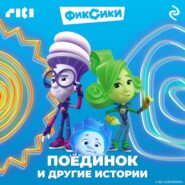По всем вопросам обращайтесь на: info@litportal.ru
(©) 2003-2024.
✖
The German Classics of the Nineteenth and Twentieth Centuries, Volume 05
Настройки чтения
Размер шрифта
Высота строк
Поля
And watch, far off, the drowsy lines
Of herded cattle crop and pass,
The vintagers among the vines,
The mowers in the dewy grass;
And nothing would I drink or eat
Save heaven's clear sunlight and the spring
Of earth's own welling waters sweet,
That never make the pulses sting.
* * * * *
SONNET[64 - Translator: Margarete Münsterberg.] (1822)
Oh, he whose pain means life, whose life means pain,
May feel again what I have felt before;
Who has beheld his bliss above him soar
And, when he sought it, fly away again;
Who in a labyrinth has tried in vain,
When he has lost his way, to find a door;
Whom love has singled out for nothing more
Than with despondency his soul to bane;
Who begs each lightning for a deadly stroke,
Each stream to drown the heart that cannot heal
From all the cruel stabs by which it broke;
Who does begrudge the dead their beds like steel
Where they are safe from love's beguiling yoke—
He knows me quite, and feels what I must feel.
notes
1
From Addresses on Religion (Discourse IV).
2
This refers to the second book, which takes the form of a dialogue between the inquirer and a Spirit.
3
An allusion to the second book.
4
The audience gathered in the building of the Royal Academy at Berlin.—ED.
5
J.G. Hamann. Hellenistische Briefe I, 189.
6
Goethe. Werke (1840) xxx., 352. Mr. Ward's translation of Goethe's "Essays on Art," p. 76.
7
Selections translated by Margarete Münsterberg.
8
Permission George Bell & Son, London.
9
Translator: H.W. Dulcken. Permission Ward, Lock & Company, Ltd., London.
10
Translator: Margarete Münsterberg.
11
Translator: C.T. Brooks.
12
Translator: Herman Montagu Donner.
13
Translator: C.T. Brooks.
14
Translator: Margarete Münsterberg.
15
Translator: Margarete Münsterberg.
16
Translator: Margarete Münsterberg.
17
Translator: C.T. Brooks.
18
Of herded cattle crop and pass,
The vintagers among the vines,
The mowers in the dewy grass;
And nothing would I drink or eat
Save heaven's clear sunlight and the spring
Of earth's own welling waters sweet,
That never make the pulses sting.
* * * * *
SONNET[64 - Translator: Margarete Münsterberg.] (1822)
Oh, he whose pain means life, whose life means pain,
May feel again what I have felt before;
Who has beheld his bliss above him soar
And, when he sought it, fly away again;
Who in a labyrinth has tried in vain,
When he has lost his way, to find a door;
Whom love has singled out for nothing more
Than with despondency his soul to bane;
Who begs each lightning for a deadly stroke,
Each stream to drown the heart that cannot heal
From all the cruel stabs by which it broke;
Who does begrudge the dead their beds like steel
Where they are safe from love's beguiling yoke—
He knows me quite, and feels what I must feel.
notes
1
From Addresses on Religion (Discourse IV).
2
This refers to the second book, which takes the form of a dialogue between the inquirer and a Spirit.
3
An allusion to the second book.
4
The audience gathered in the building of the Royal Academy at Berlin.—ED.
5
J.G. Hamann. Hellenistische Briefe I, 189.
6
Goethe. Werke (1840) xxx., 352. Mr. Ward's translation of Goethe's "Essays on Art," p. 76.
7
Selections translated by Margarete Münsterberg.
8
Permission George Bell & Son, London.
9
Translator: H.W. Dulcken. Permission Ward, Lock & Company, Ltd., London.
10
Translator: Margarete Münsterberg.
11
Translator: C.T. Brooks.
12
Translator: Herman Montagu Donner.
13
Translator: C.T. Brooks.
14
Translator: Margarete Münsterberg.
15
Translator: Margarete Münsterberg.
16
Translator: Margarete Münsterberg.
17
Translator: C.T. Brooks.
18





